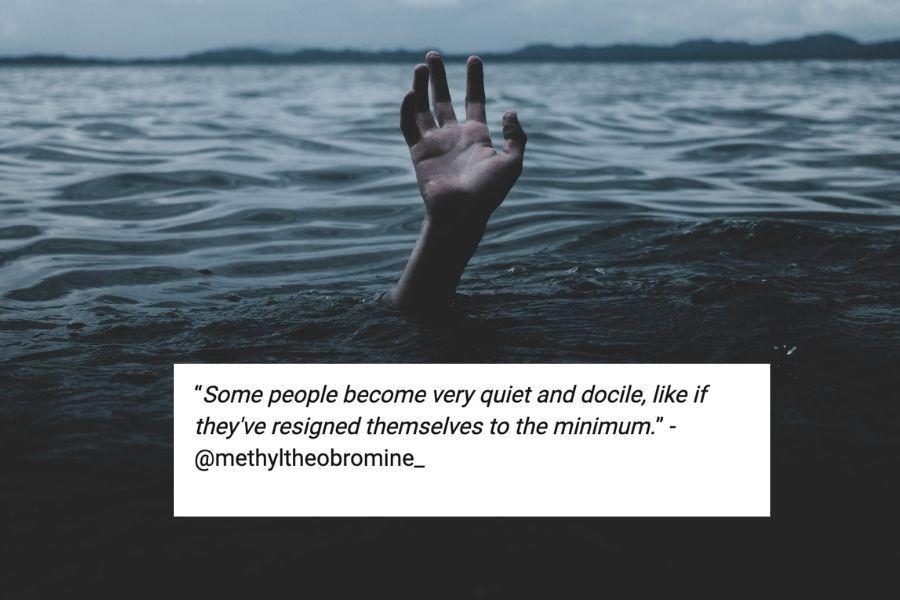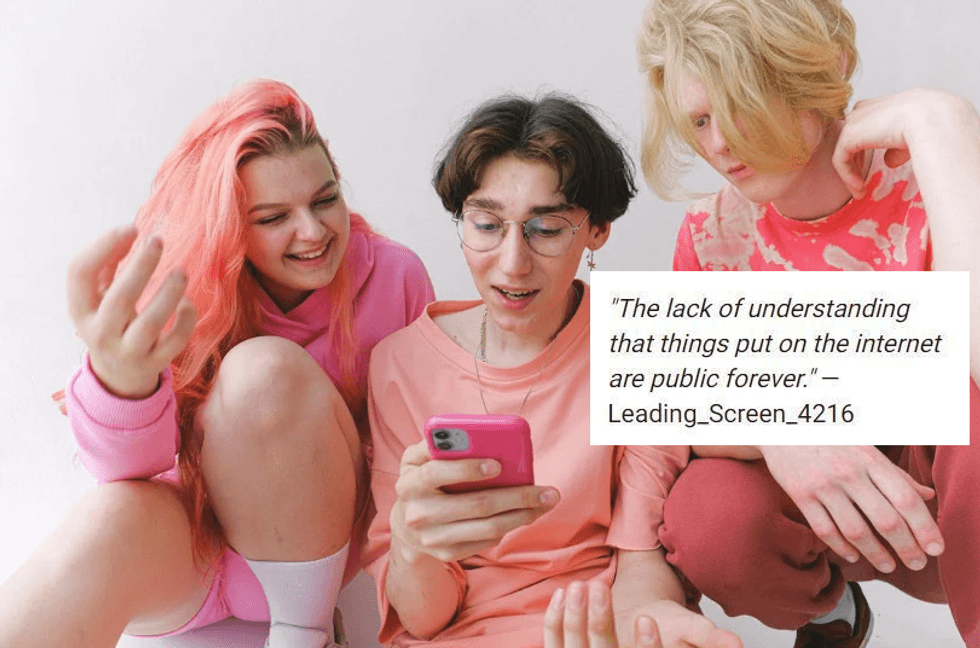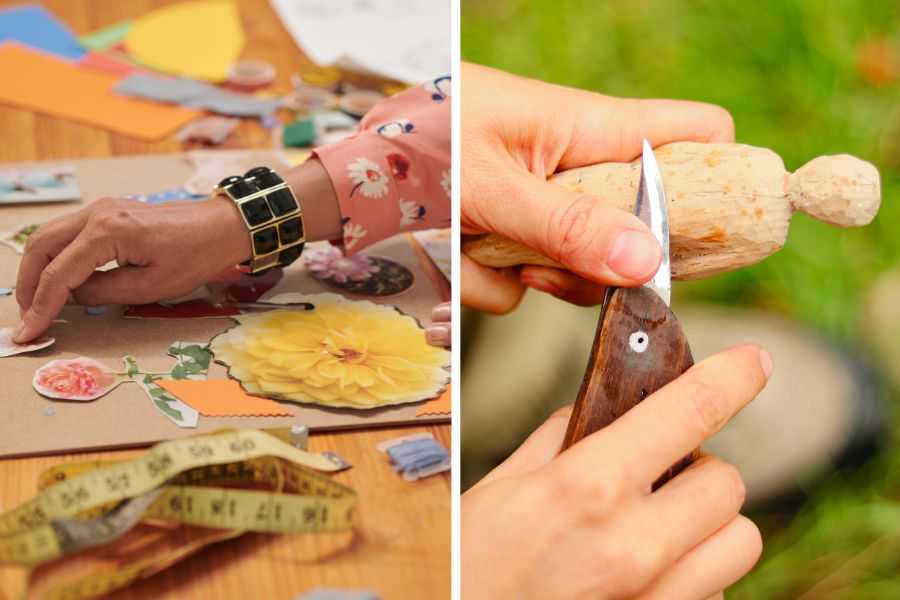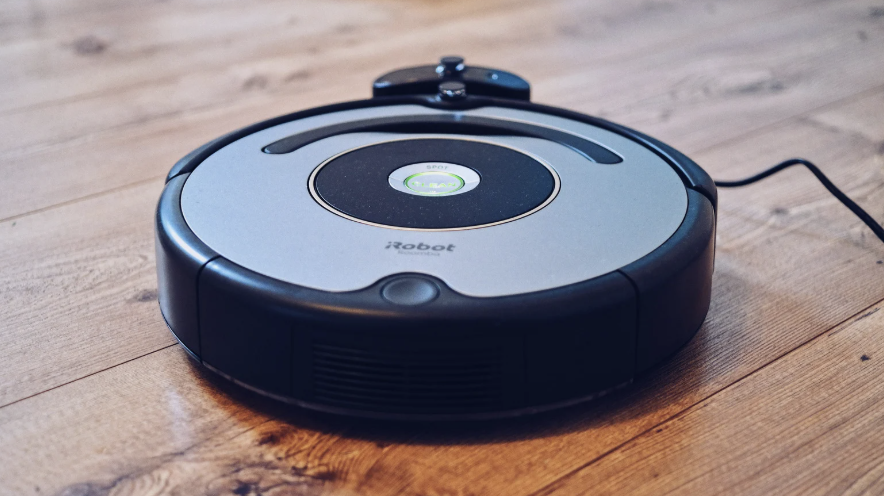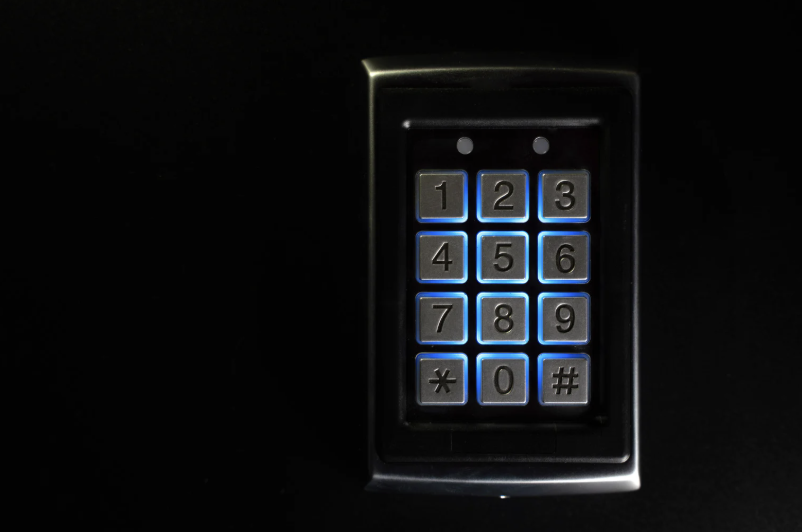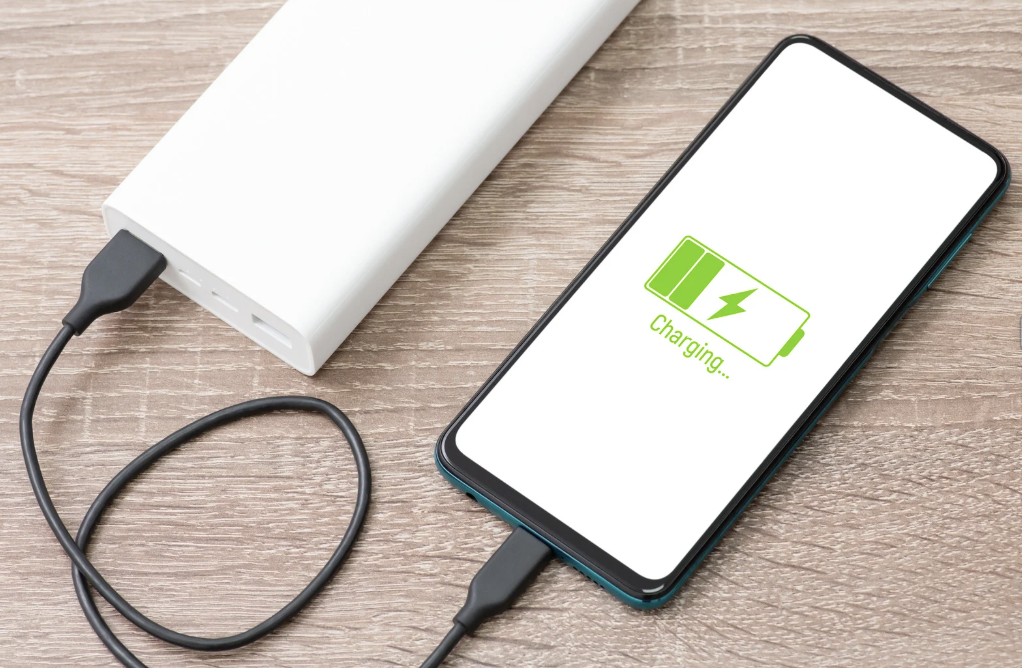“I’m fine.”
How easily these two words slip from our mouths, often when nothing could be further from the truth. Sometimes, it feels safer to hide our true feelings, lest someone make a judgment or have a negative reaction. Other times, it’s a social rule instilled in childhood, perhaps even through punishment. Or maybe denying is the only way to combat overwhelm—if we ignore it all long enough, things will eventually get better anyway.
At the end of the day … it’s all about avoiding further pain, isn’t it?
But this denial can lead to even more suffering—not only emotionally, but physically as well. Everything from stiff muscles, to migraines, to digestive issues can stem from suppressing emotions.
To quote Emily Roberts, M.A., LPC. a psychotherapist, in her article for Mind Body Green, “Deciding to bury your feelings, ignoring them, internalizing them, pretending they didn’t happen, or convincing yourself that there is no need to deal with them can literally make you sick from the stress.”
It also makes it harder for others to help, if they don’t know what’s really going on. Fortunately, mental health continues to be a topic of interest, and open conversations about red flags help to raise awareness and help people better understand one another.
On a recent Ask Reddit thread, people shared their own indirect “cries for help” they’ve either witnessed, or made themselves. Their stories were eye-opening. It’s true that some are better at hiding their struggles than others, but even those individuals often give off subtle warning signs.
You can read them below.
“Anger and irritability can be a symptom of depression. It’s harder to empathize with someone who’s having angry outbursts, but it’s still important to recognize.” – @celolex
“Some people become very quiet and docile, like if they’ve resigned themselves to the minimum.” – @methyltheobromine_
“Purposely avoiding sad and difficult topics. Sometimes when a person is constantly feeling like shit the last thing they want to do is bring up more negativity when hanging out with people they enjoy being around.” – @sunnyrubberboots
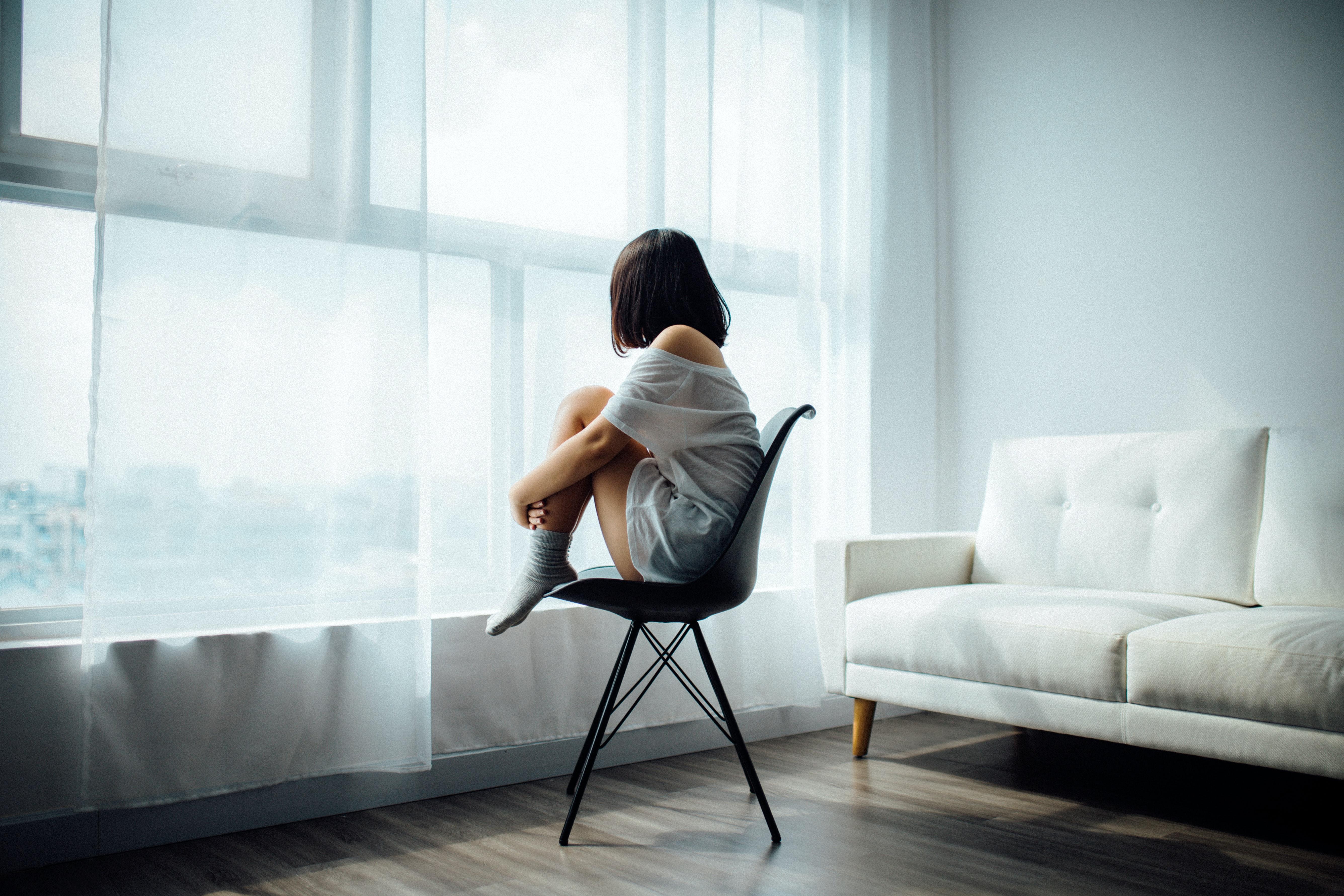
“Marked differences in behavior where the person becomes way more positive and energetic than normal. We tend to think of these sorts of changes as being good, but any sudden and large enough change in behavior is something you need to keep an eye on. This is especially true if they are going from a very negative pattern of thinking/behavior into an uber-positive one very quickly. Usually, those ‘now I feel like I can conquer the world’ changes are the precursor to suicide attempts and the like.” – [deleted]
“I had a girlfriend who occasionally suffered extreme bouts of depression. She’d be high energy then suddenly she would try to sleep as much as possible. She said “it just doesn’t hurt as much when you’re asleep.” Any time I hear anyone sleeping A LOT I know they are having a very difficult time and just try to be there for them.” – @CharlieTuna_
“When they start cutting off contact. That outgoing, happy person suddenly ‘just isn’t up to it,’ or [saying] ‘maybe some other time,’ then something is wrong.” – @driving_andflying
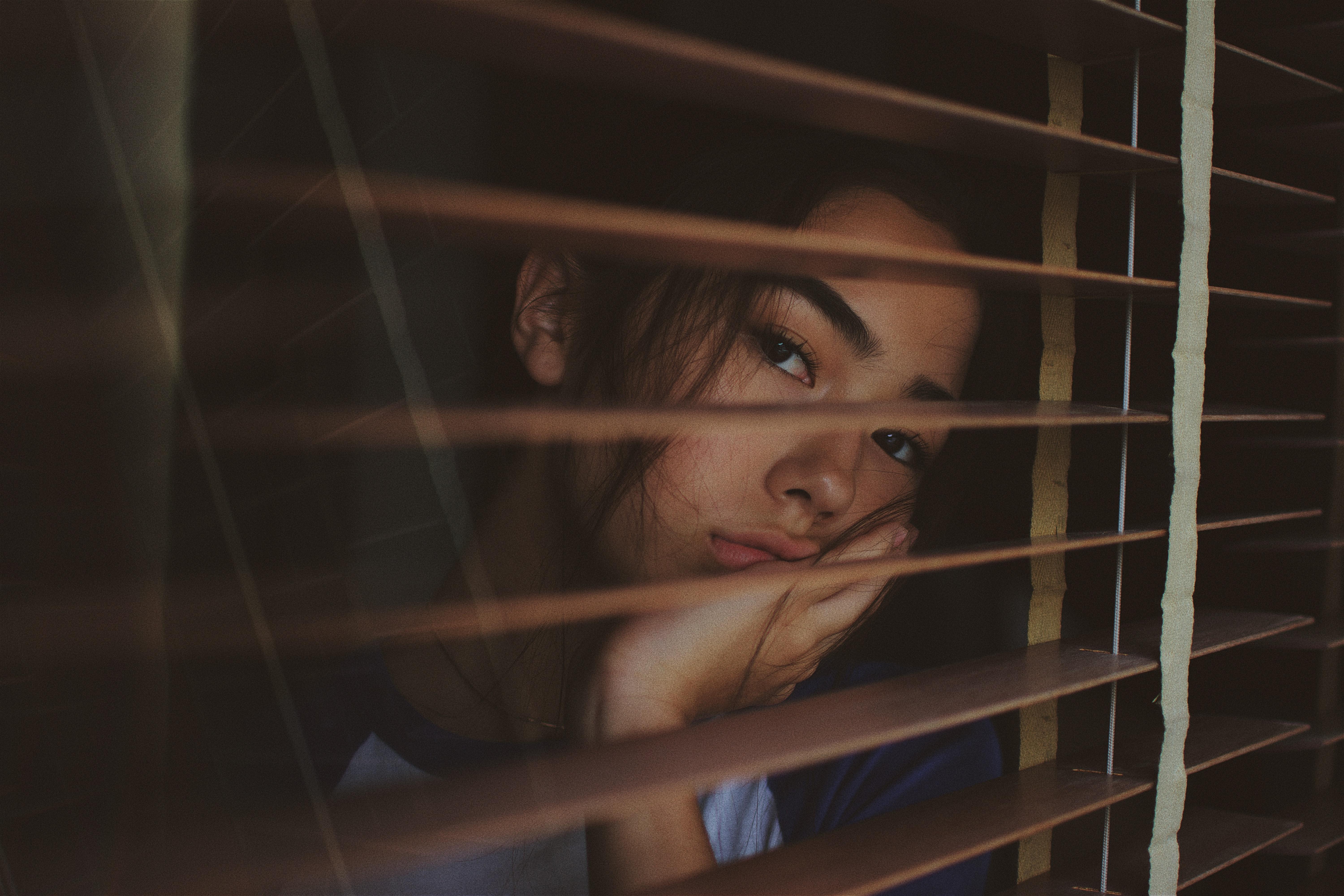
“Anhedonia. Losing interest in things a person usually found to be a source of enjoyment. Depression is a very insidious illness and a very isolating one. Sometimes it can be hard to spot, because people are very conditioned to hide it.” – @kutuup1989
“One of the things I used to say when I was suicidal was, ‘I’d never just walk in front of an 18-wheeler, but I wouldn’t get out of the way, either.’ I wanted to die but didn’t want to be the one to do it because I knew that while an accident would absolutely crush my loved ones, me pulling the trigger would likely cause a chain reaction. It’s just a sort of numb acceptance. You wait and sort of hope an opportunity arises. I’m doing better now. But yeah. Second hand suicide is real.” – @starkrocket
“A reduction in food consumption. I’ve found when I’ve fallen down the hole and I just stop caring anymore I don’t eat anywhere near as much as I normally do. Instead of having the standard 3-4 meal things a day I’ll be lucky to convince myself to have 2 as I simply don’t care anymore.” – @funland8642
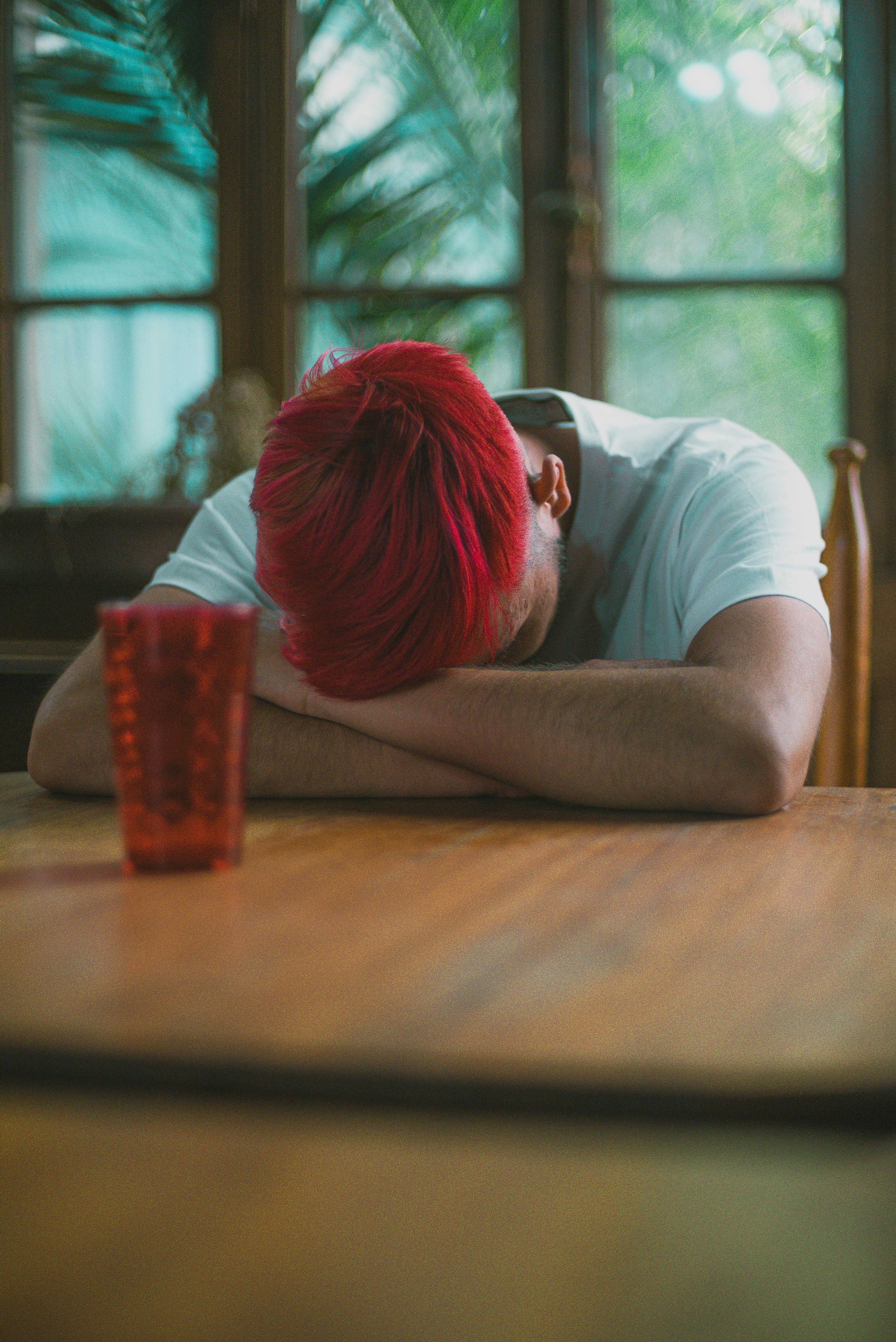
“It may seem a bit obvious, but when someone says that they don’t see themselves living past a certain age, or acting surprised that they made it to a certain milestone in their lives.” – @nickgio19
“When someone has obviously been crying or tears up without apparent provocation, even in a very public setting, it can be a sign that they’re in too much pain even to try masking it. I’ve also heard of severely depressed people who abruptly ‘snap out of it,’ and go perky, and that can be indicative of a person who was agonizing over whether to end things, who has now decided to do so. Making that decision, sadly, gives them peace and relief.” – @FlourChild1026
“Giving a lot of personal possessions away without wanting anything in return.” – [deleted]
If you or someone you know are having thoughts of suicide or require mental health support, call or text 988 to talk to a trained counselor at the Suicide & Crisis Lifeline, or visit 988lifeline.org to connect with a counselor and chat in real time. The Lifeline provides 24/7, free and confidential support for people in distress as well as prevention and crisis resources for healthcare professionals.
This article originally appeared on 8.12.22


